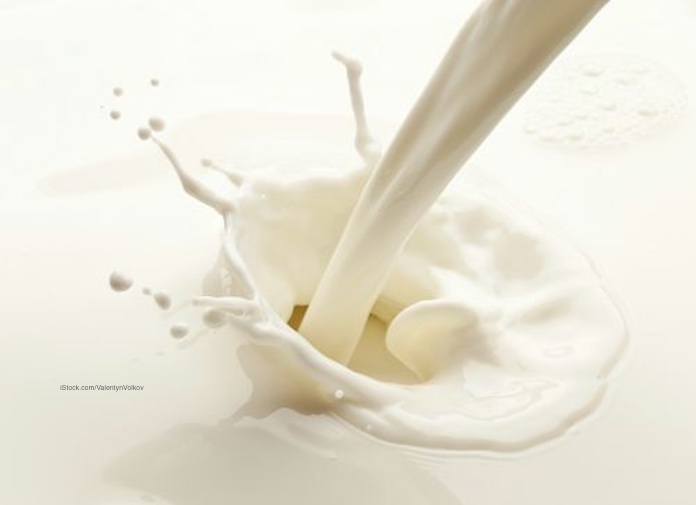The New York Stated Department of Agriculture and Markets is warning consumers not to drink unpasteurized milk from the Winters Grass Farm in Saquiot in Oneida County. Officials have discovered that a sample of the raw milk collected by a food safety inspector was contaminated with Listeria monocytogenes bacteria.

On March 16, 2017, the producer was notified of a preliminary positive test result for Listeria. Winter Grass Farm immediately and voluntarily suspended sales of the product. Then, on March 22, 2017, the presence of the pathogenic bacteria was confirmed in the raw milk sample. The farm is located at 9104 Butler Road in Sauquoit.
No illnesses have been reported to date in connection with this problem, but the illness caused by this bacteria, listeriosis, can take up to 70 days to appear. If you purchased raw milk from that farm, so not consume it. Immediately discard it in a sealed container so other people and animals can’t drink it.
Then clean out your refrigerator with a solution of one tablespoon liquid chlorine bleach to one gallon of warm or hot water. Listeria monocytogenes bacteria can grow at refrigerator temperatures. Once it is established this bacteria is very difficult to eradicate. Freezing does not kill this bacteria. Wash your hands well with soap and water after handling this product and after cleaning the fridge.
If you drank any of this milk, watch yourself for the symptoms of illness for the next 70 days. It can take that long to get sick, but most people get sick within a few weeks after exposure.
Listeria monocytogenes food poisoning symptoms can feel like the flu, or they can include severe headache, stiff neck, high fever, nausea, and diarrhea. Young children, people with chronic illnesses and weakened immune systems, and the elderly can suffer serious complications with this type of infection. Pregnant women may only be sick with what seems like the flu, but listeriosis can cause premature labor, stillbirth, miscarriage, and infection in the newborn.
The press release states, “It is important to note that raw milk does not provide the protection of pasteurization. Pasteurization is a process that heats milk to a specific temperature for a set period of time. Pasteurization kills the bacteria responsible for numerous illnesses and diseases such as listeriosis, salmonellosis, campylobacteriosis, typhoid fever, tuberculosis, diphtheria and brucellosis. Pasteurization of milk is recognized internationally as an effective means of preventing outbreaks of foodborne illnesses, including listeriosis.”




